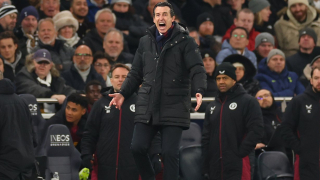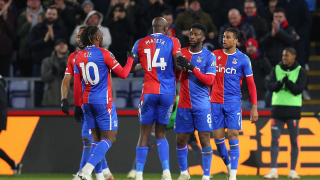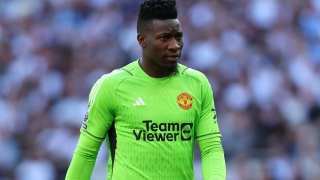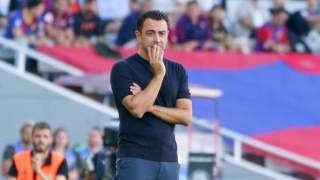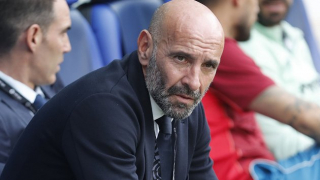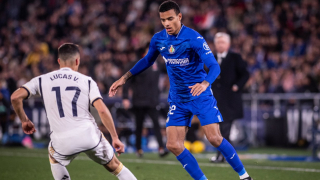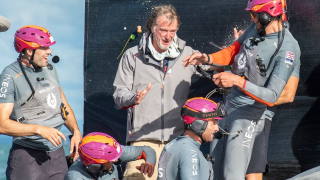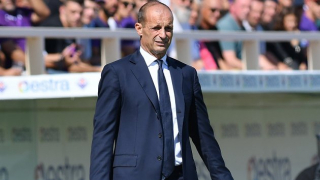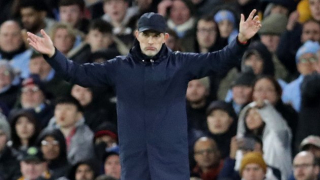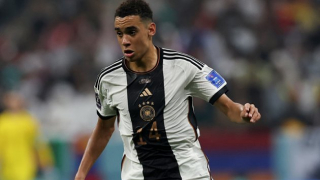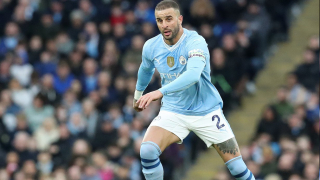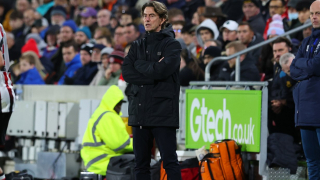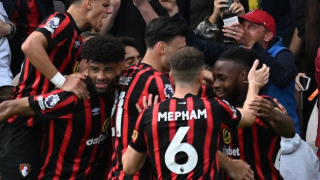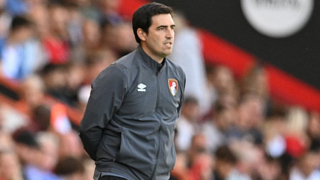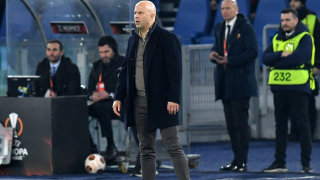Pep gets it all wrong at Manchester City, a Sean Dyche-led Everton are sure to be safe and Graham Potter must take Chelsea back to basics. Here's five lessons we learned from the Premier League weekend...
1) Guardiola's narrow 3-2-3-2 stunted by Spurs' shape
This was the most Antonio Conte performance of the season from Tottenham, ironically on the one occasion Conte was not present. Spurs continually beat Man City at home because Pep Guardiola does not enjoy playing teams who sit deep, frustrate them, and then counter-attack with pinpoint precision to expose the high defensive line. It was the same old story on Sunday.
But Guardiola got everything wrong this time. He used an experimental 3-2-3-2 in just the latest attempt to accommodate Erling Haaland's lack of touches, with Julio Alvarez alongside him and Bernardo Silva just behind, with Rodri and Rico Lewis the defensive midfielders. It made Man City extremely narrow, meant they had nobody operating in the half-spaces, and isolated Riyad Mahrez and Jack Grealish. Without overlapping full-backs to support them, the City wingers were doubled up on.
Consequently Spurs easily stayed in a narrow and low block, suffocating those routes through the middle before simply rushing in tight to Grealish and Mahrez once the ball moved wide. It was a dreadful decision by Guardiola, and it didn't even help Haaland – who failed to record a single touch in the opposition penalty area.
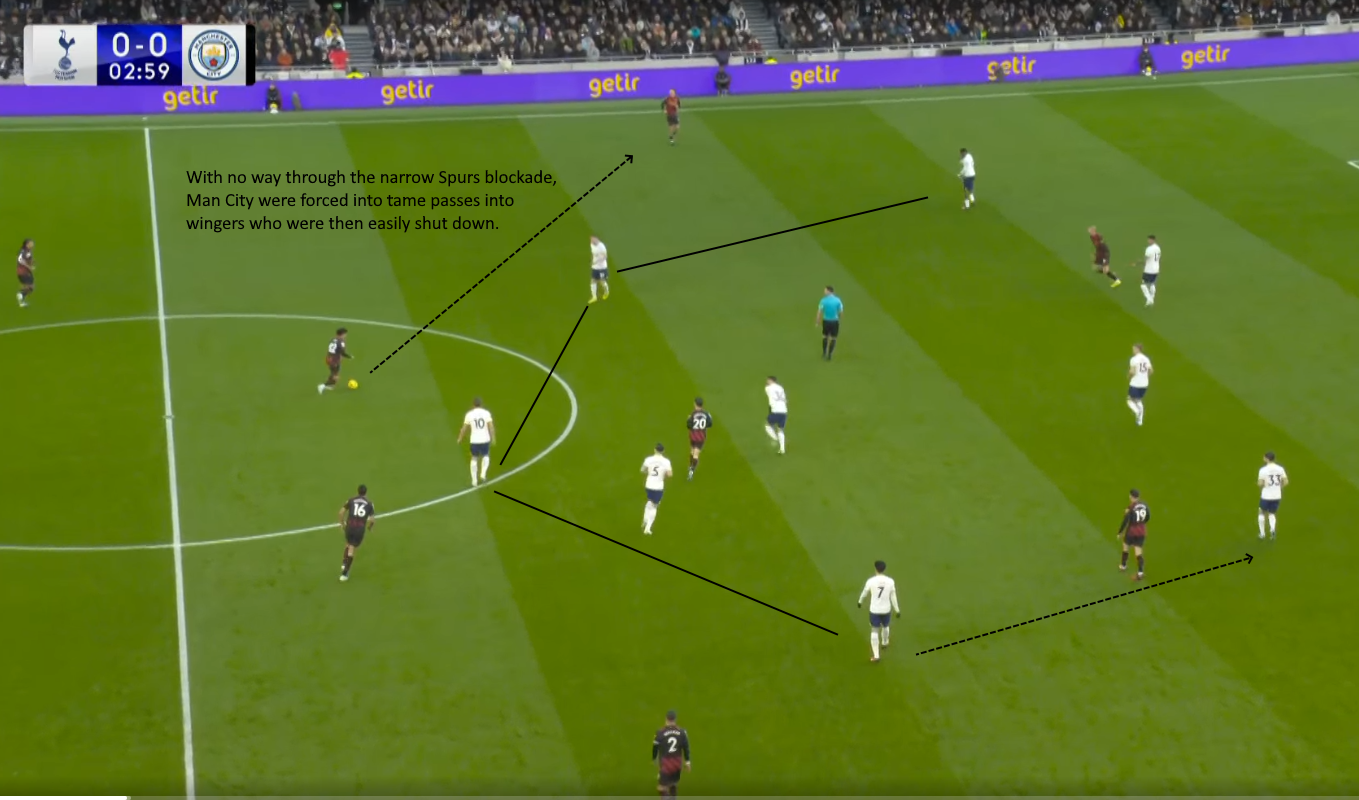
2) Lewis positioning sets tone and highlights strange Cancelo call
Tottenham were sharper to everything, tackling more aggressively and arguably winning this game thanks to their superior mentality, as evidenced by the winner, when Pierre-Emile Hojbjerg pinched the ball from Rico Lewis to set up Harry Kane's record-breaking goal. However, the psychological victory came as a result of a tactical one, after Spurs' counter-attacks working well got their tails up.
For that, Guardiola is again at fault. Lewis struggled to fulfil the dual role of left-back and central midfielder, often leaving the middle too early, which allowed either Emerson Royal or Dejan Kulusevski to dominate on that side of the pitch against an overworked Rodri. But we cannot blame Lewis for this – and not only because he is 18 and a right-back by trade. Guardiola left his young player exposed because he had to, having recently let Joao Cancelo leave for Bayern Munich.
Along with Oleksandr Zinchenko's departure last summer, it represents just another strange shift from Guardiola, who keeps selling the players who act as a point of difference to his possession-controlling types. That's why Man City are slower and more ponderous this season, and it's why they stand little chance of moving above Arsenal.
3) Arsenal don't adapt to the stubbornness of Dyche's 4-5-1
A classic Sean Dyche performance stumped Arsenal in the early kick-off on Saturday, as Everton dug deep in a narrow 4-5-1 to squeeze the visitors out of the game. It was not a particularly complex idea, frankly, and one that perhaps Mikel Arteta should have been able to overcome, yet he did not make the necessary changes to find an alternative route forward.
In fact, it was quite similar to how Guardiola failed at Tottenham. Arsenal's system does not have much width and with Ben White having one of his worst games of the season, the visitors could not provide proper support to Bukayo Saka and Gabriel Martinelli. Arteta could have changed things to get overlapping full-backs on, and as Everton shut down the middle he could have substituted Granit Xhaka for Leandro Trossard, adding another attacker into the half-spaces to support Martinelli on the left. Instead, he only made like-for-like changes, which allowed Everton to shuffle across and keep the league leaders at arms' length.
Dyche got exactly what he wanted out of Everton. James Tarkowski and Conor Coady immediately looked like a Burnley base, blocking everything in their path, Amadou Onana led a very effective midfield, and Dominic Calvert-Lewin was converted overnight into a proper Dyche target man. Everton will have no problem staying up now.
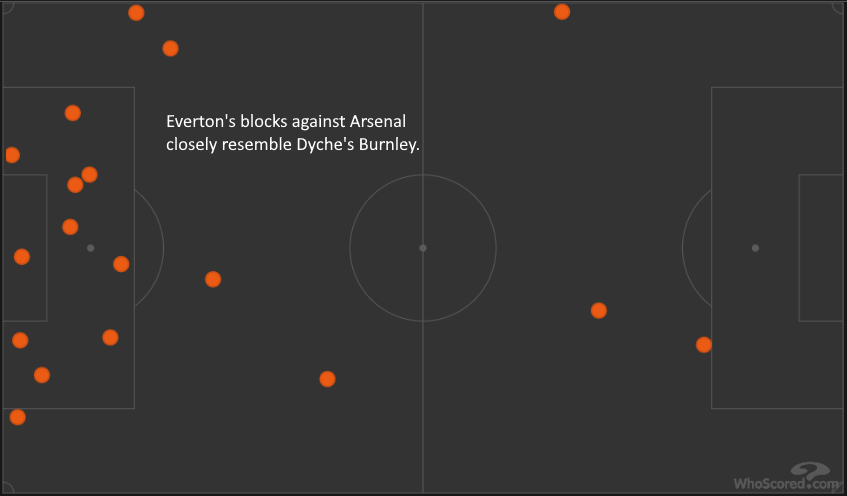
4) Fulham pressing and full-back movement shows Chelsea need time
This match was yet another example of Chelsea seeming too slow and passive, disconnected between the lines to the extent they could not find the speed or fluency they required. It should not have surprised anyone that Fulham, who almost never change their starting line-up, were the more cohesive side in all departments than a Chelsea team in the middle of an absurd turnover of playing staff.
Marco Silva's team pressed high and hard in recognition they could unsettle a group of Chelsea players still getting to know each other, and it worked throughout the contest, while both full-backs worked tirelessly to burst forward on the counter-attack – which again exposed Chelsea's unfamiliarity. Far too often Chelsea's players were caught ahead of the ball and in an asymmetrical shape, leaving gaps for quick breaks that could have given Fulham the three points.
Graham Potter knows there is a lot of work to be done. Having learnt from last weekend, when he simplified his tactics mid-game, on Friday he deployed a simple 4-3-3 formation with Mason Mount and Conor Gallagher as the eights. For now, the complex hybrid stuff has to wait. Chelsea are back to basics and learning how to play together from scratch. It will be a rough four months.
5) Timid Southampton are nothing like a Jones team
"I've compromised. I've compromised in terms of certain principles because of one, personnel, but two, the way that people want to play and so on. I've compromised because of fans, and so on, a few little things but – no more. I've been very successful playing a fluent style, Luton were a real aggressive front-footed side."
Nathan Jones's comments after Southampton's defeat confirmed what we had suspected, that he has once again been overawed by a new job and ended up playing in a much more aligned to Ralph Hasenhuttl than the 'aggressive front-footed' ideas that landed him the role. Saints are shrinking into themselves, and even if Jones now puts his foot down it is probably too late; it requires confidence to play attacking football and Saints have none in their own ability or in their new manager.
In fact, another spikey interview that again seems to blame others for his poor start puts Jones's job under serious threat. He won't be around much longer.

